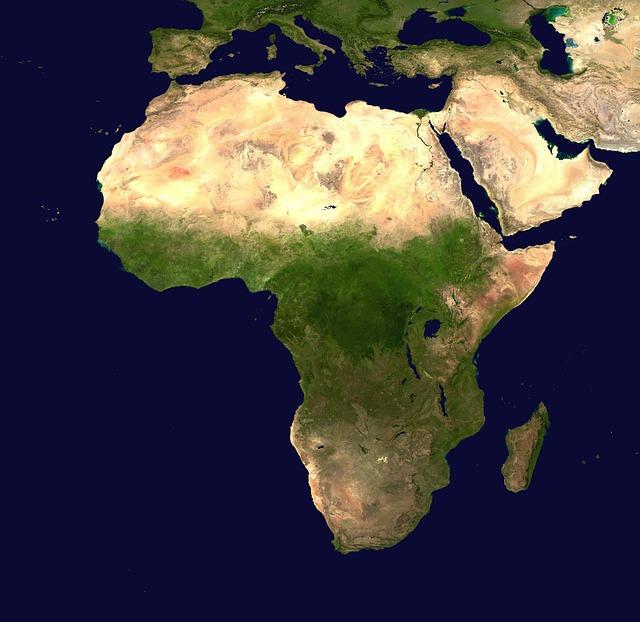Algeria Criticizes US Veto, Highlighting Risks to UN’s Role in Preventing Genocide
Algeria has issued a strong rebuke against the United States following its veto of a United Nations Security Council resolution intended to address the worsening humanitarian crisis in Gaza. Algerian officials argue that this obstruction not only stalls urgent conflict mitigation efforts but also severely damages the UN’s reputation as a global guardian against mass atrocities like genocide. They warn that this could represent what many see as the “third major failure” in the UN’s history to effectively intervene and prevent large-scale human rights violations.
In an official statement, Algerian diplomats outlined several critical concerns stemming from this veto:
- Compromising international legal frameworks and undermining consensus-building among member states
- Establishing a troubling precedent that may hinder future humanitarian interventions
- Diminishing confidence in the Security Council’s capacity to act decisively during crises
- Potentially enabling impunity for actors responsible for human rights abuses
The Ministry of Foreign Affairs drew parallels between this incident and previous Security Council failures, emphasizing a recurring pattern of paralysis during critical humanitarian emergencies:
| Crisis | UN Response Outcome | Algeria’s Cautionary Note |
|---|---|---|
| Rwanda Genocide (1994) | Failure to prevent mass killings despite warnings | Warning about repeated inability to act decisively on genocide prevention. |
The Broader Impact of Blocking Gaza Resolution on Global Human Rights Enforcement
The US veto against the Gaza-focused resolution has amplified doubts regarding international institutions’ effectiveness in safeguarding human rights amid armed conflicts. Experts caution that such political roadblocks not only weaken multilateral cooperation but also risk normalizing impunity for perpetrators of widespread violence. The ongoing blockade exacerbates civilian suffering while exposing significant flaws within global governance structures tasked with enforcing accountability under conventions like those addressing genocide and war crimes.
- Deterioration of UN legitimacy: Persistent use of veto power erodes trust in the Security Council as an impartial peacekeeper.
- Delays in delivering humanitarian aid: Political stalemates obstruct timely assistance crucial for vulnerable populations.
- Erosion of international legal enforcement: Political interference hampers effective responses to violations under international law.
| Key Factor | Consequences |
|---|---|
| Proposed Change | Expected Benefit |
|---|---|
| Restricting Veto Use During Atrocity Crises | Accelerated decision-making enabling faster protection measures |
| Improved Monitoring & Reporting Mechanisms | Enhanced early warning systems & response capabilities |
| Strengthening International Judicial Bodies | Greater accountability through enforceable rulings
Toward Resolving Deadlocks and Protecting Civilians Amid Rising Tensions in GazaThe escalating violence across Gaza coupled with persistent diplomatic stalemates underscores Algeria’s grave concerns regarding current limitations within global governance frameworks. As fears mount over another potential failure reminiscent of past tragedies, it remains imperative that member states find common ground swiftly-prioritizing civilian protection above political rivalry-to restore faith in multilateral institutions dedicated to peacekeeping and justice worldwide. This evolving situation will test whether renewed diplomatic efforts can overcome entrenched divisions at pivotal moments when decisive action is most needed. |

